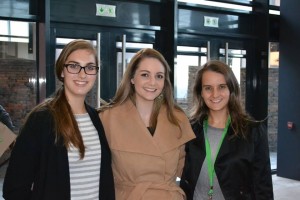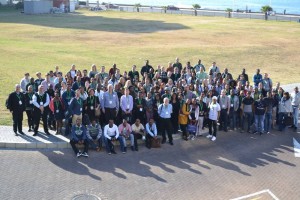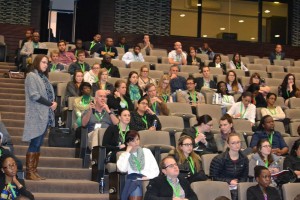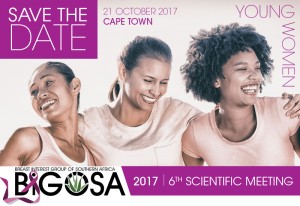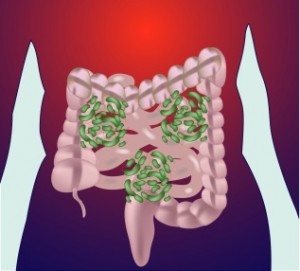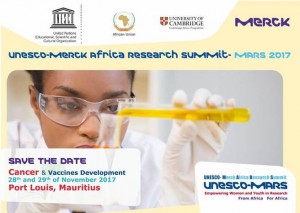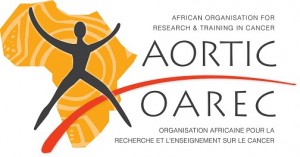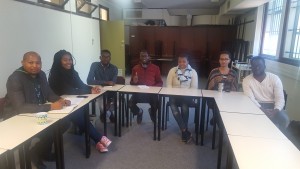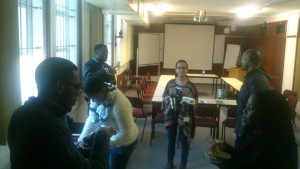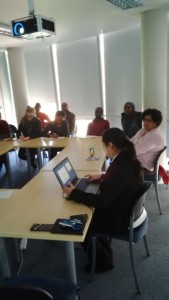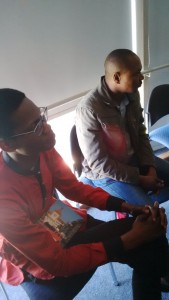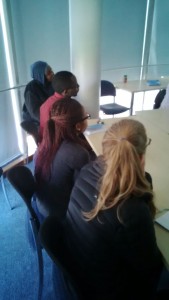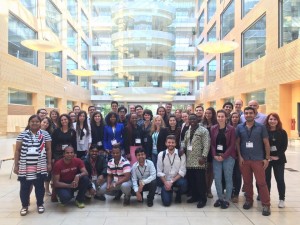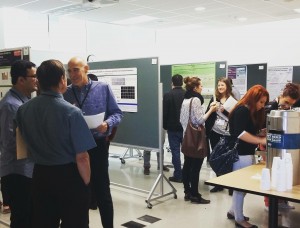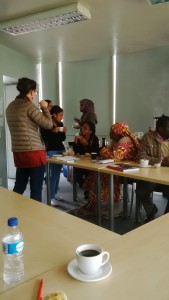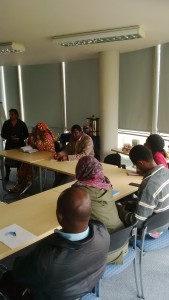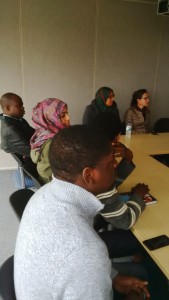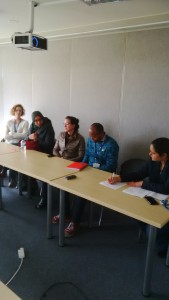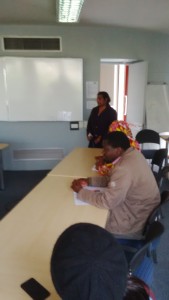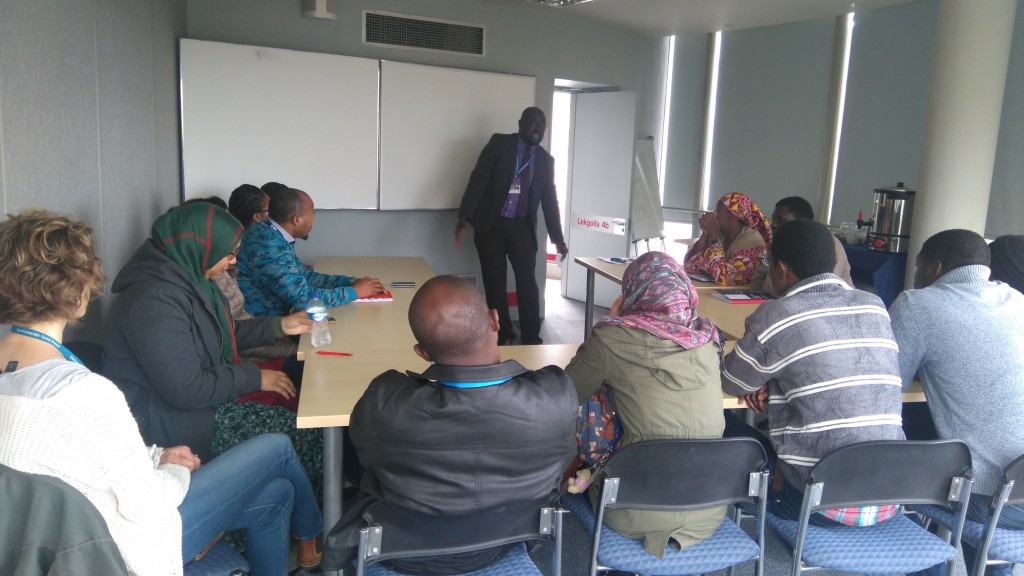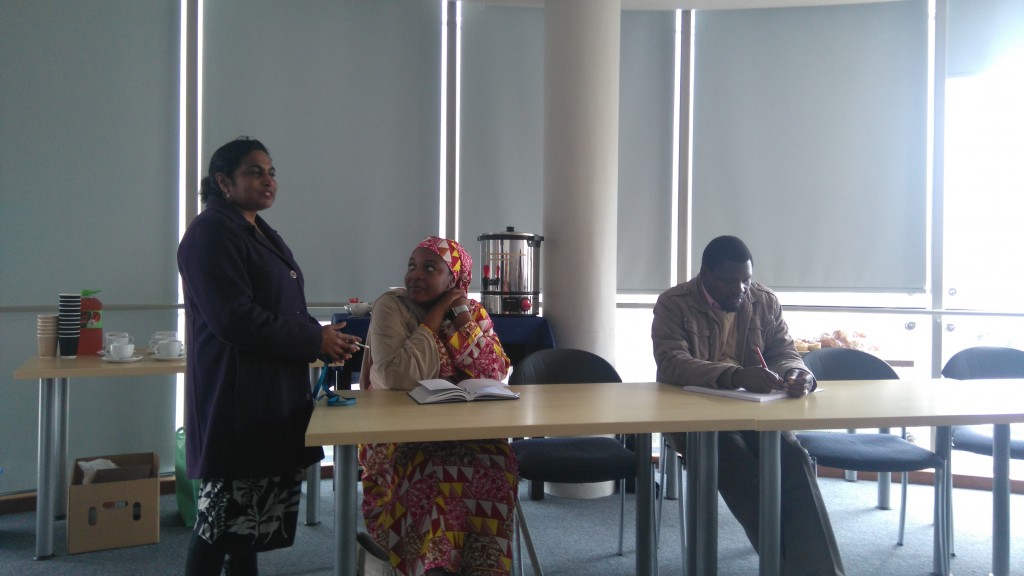Report on the 25th South African Society of Biochemistry and Molecular Biology congress 2016
by Tarryn Willmer , Post doctoral fellow,UCT 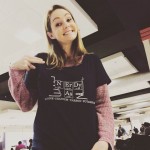
The 25th SASBMB Congress was hosted by the University of Fort Hare Department of Biochemistry and Microbiology at the East London International Convention Centre. The theme of the congress was “Celebrating Science”, as the SASBMB society celebrated its 40th Anniversary as well as the Centenary of the University of Fort Hare. The congress hosted international plenary speakers, namely Professor Leann Tilley from the University of Melbourne and Professor Marc Cox from the University of Texas who presented on important advances in malaria and cancer research respectively. In addition, excellent plenary talks were given by local scientists, Professor Darren Martin, Professor Ben-Erik Van Wyk, Professor Marla Trindade and Professor Theresa Coetzer, who are all leaders in their research fields. The congress was further divided into six parallel sessions per day, covering the following broad themes:
(1) Protein and Peptide Biochemistry/Enzymology/Protein Structure and Function;
(2) Infectious diseases;
(3) Non-communicable/Genetic diseases;
(4) Omics (Proteomics/Genomics/Bioinformatics/Computational Biology/Metabolomics Transduction;
(5) Plant Biochemistry/Medicinal Plants/ and (6) Developmental Biology/Hormone Research/Signaling.
Postgraduate students and postdoctoral fellows were given the opportunity to present their research findings in either the form of oral or poster presentations, which were informative and enjoyable to listen to/observe. Importantly, silver and gold medals were awarded to Karl Storbeck and Ian Dubery respectively who delivered exceptional talks on their research. The conference ended with a gala dinner, where prizes were awarded to poster presenters within each category, which were kindly provided by generous sponsors, including Separations, Inqaba Biotech and Thermo Fisher Scientific.
In summary, the 25th SASBMB congress was a memorable experience, particularly for young scientists who made up 80% of the conference. I believe that this was an important scientific forum for me to attend because it expanded my knowledge of the field of molecular biology and allowed me to share my work (oral presentation) with other researchers who gave me good feedback on my experiments with regards to publishing the work. I definitely look forward to attending the next congress.
Photographs: Tarryn Wilmer and Sasbmb Congress Community
